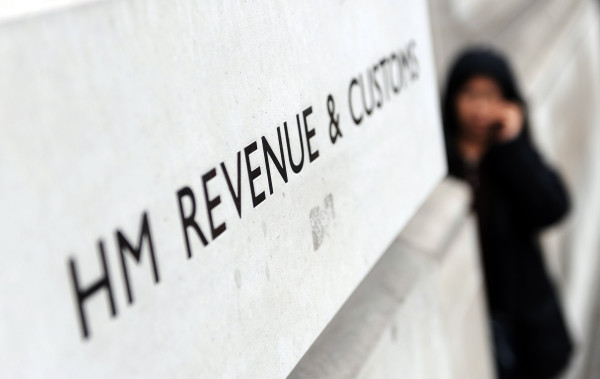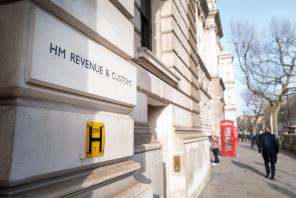

HM Revenue & Customs has been accused of applying rules retrospectively over its pursuit of Glasgow Rangers Football Club's alleged use of a trust structure to avoid paying tax on players' salaries.
The case relates to the club's use of an "employee benefits trust" to make tax-free loans to Rangers employees.
These structures allow employers to loan money to employees, on the understanding that the money will be paid back.
But HMRC claims these these so-called loans were in fact payments, and that income tax and national insurance charges therefore apply. It claims it is owed £46.1m in unpaid tax.
HMRC won an appeal on this case at the Scottish Court of Session in November 2015. The case is now being heard at the Supreme Court.
But tax lawyer Tom Wesel, partner at Milestone International Tax Consultants, claimed HMRC was applying rules introduced in 2011 retrospectively.
He claimed the Revenue was "moving the goalposts" by "adapting an argument it succeeded with in a dispute with a footballer back in 1991".
The case in question was a payment of £75,000 to Southampton player Peter Shilton by his club.
Mr Wesel said the court decided it was part of his pay for his subsequent transfer and so taxable as salary.
"HMRC is now using this to argue that loans made before the rules were changed in 2011 are still taxable because without this perk of a tax-efficient loan, the footballers would have received a higher salary or left the club.
"This is victimisation based on envy and HMRC are going around like gangsters extracting protection money from football clubs by a selective reinterpretation of the law prior to 2011," he claimed.
A spokesperson for HMRC would not comment on the ongoing case, but said: "HMRC behaves professionally at all times."
Allan Maxwell, a business adviser and director of Corporate Benefits Consulting, said he had only ever seen employee benefits trusts used for very high earners.
"It's not something I would go anywhere near," he said, adding it was the sort of complicated arrangement that required a tax lawyer to set up.
He said the risk of attracting a tax bill meant it was not worth the trouble for most employers.
"If arrangements like this did start to crop up, you can be sure HMRC would take a look at it," he said.
He added that, if the Supreme Court rules in favour of HMRC, it could give it freedom to pursue other football clubs that have operated similar schemes across the UK.
james.fernyhough@ft.com



